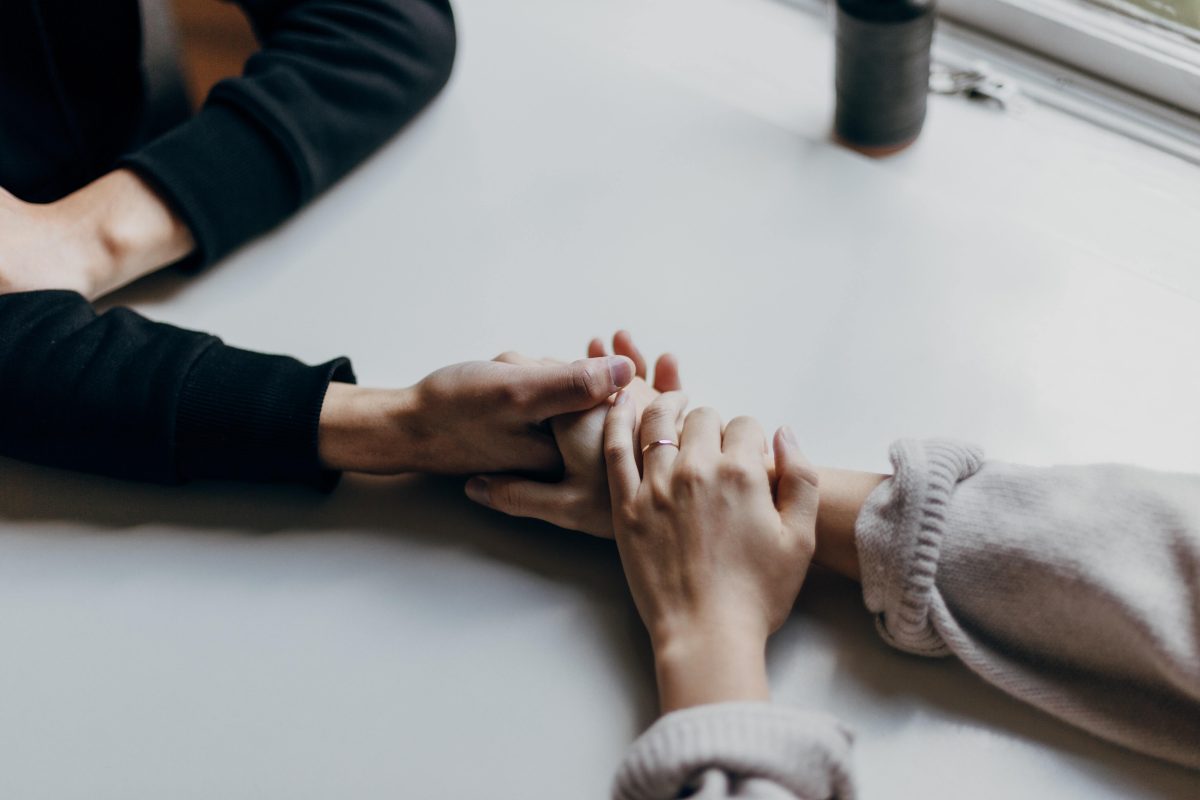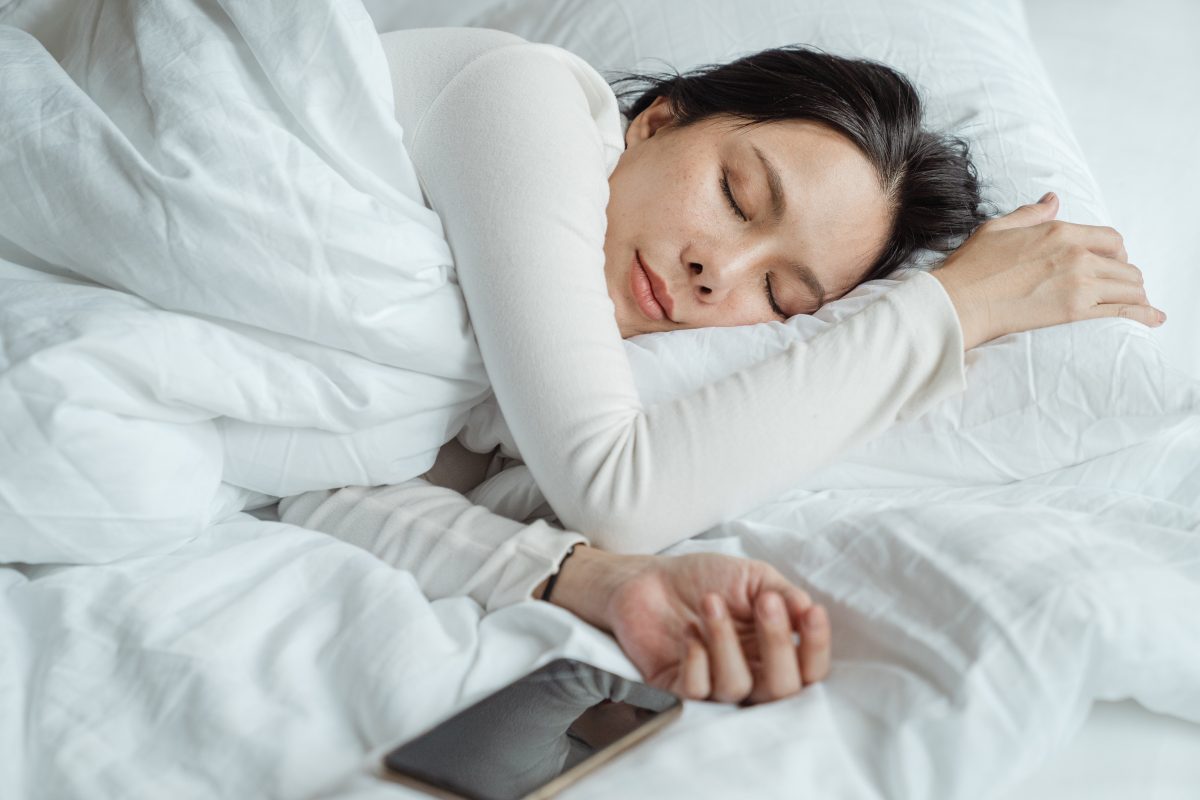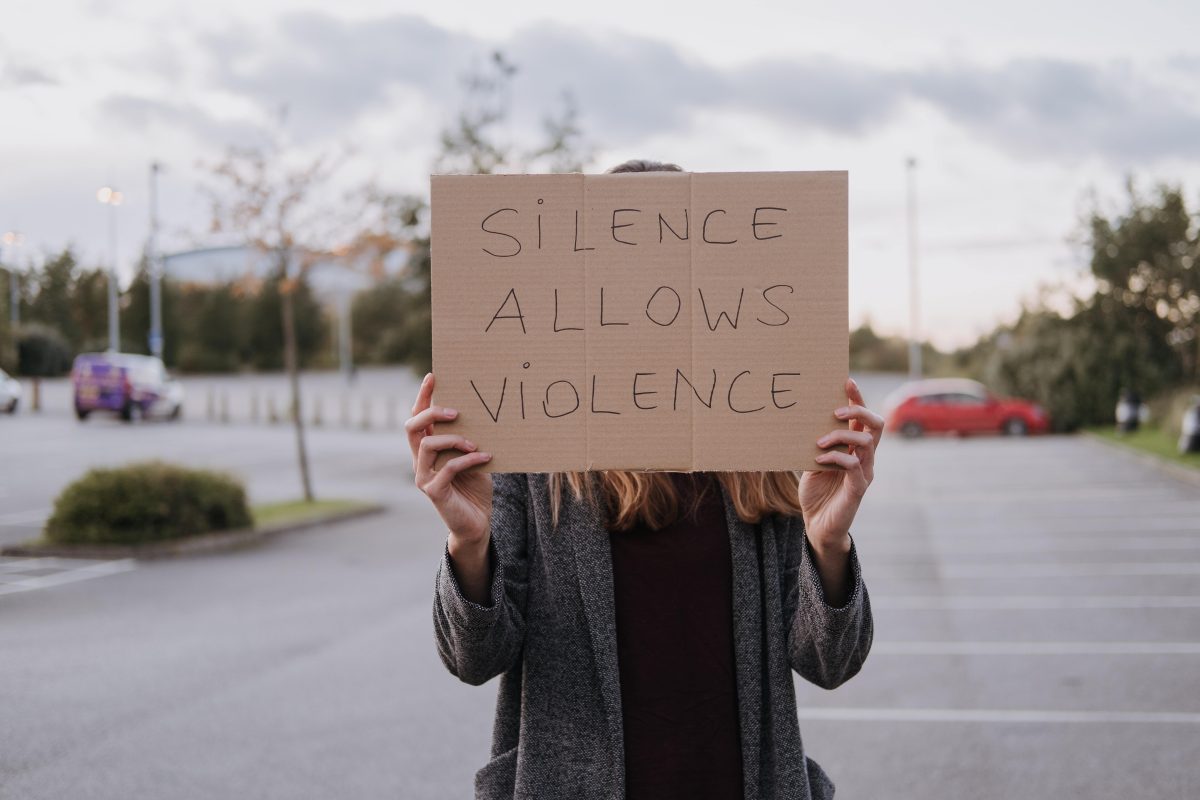On December 16, 2021, super typhoon Odette (international name: Rai) lashed out with strong winds and heavy rainfall throughout different parts of Visayas and Mindanao. Alongside widespread floodings, food, clean water, means of communication, and electricity were in scarce supply. Moreover, in the aftermath of the storm, lives, livelihoods, and homes were lost in the blink of an eye. In fact, recent reports from the National Disaster Risk Reduction and Management Council (NDRMMC) state that over 4.8 million have been affected, especially in hard-hit areas like Leyte, Bohol, Cebu, Negros Oriental, and Siargao.
When natural calamities like these strike, physiological needs like food, water, shelter, and clothing are of utmost importance. However, beyond ensuring basic needs and safety needs are met, there lies another reality: the need for connection and emotional support. With many experiencing a heightened level of distress, how, then, can we be there for others?
One of the ways we can help is by providing Psychological First Aid (PFA). This is a method that aims to promote safety, stabilises survivors of disasters, and connects them to help and resources. Contrary to popular belief, you don’t need to be a mental health professional to provide PFA. This is a skill that can be learned by anyone from all walks of life.
For instances like these, Mind You has prepared a quick guide that you can use if you are in a position to help victims during emergencies, calamities, and other disaster-related events. This manual builds your capacity to prepare and respond to mental health situations of distressed survivors, so you can be a safe space for those in need. Inside the manual, you can find the basics of how to provide psychological first aid, the do’s and don’ts, and what can be done after PFA, among others.
Download the full manual below. Available in English and Bisaya.








